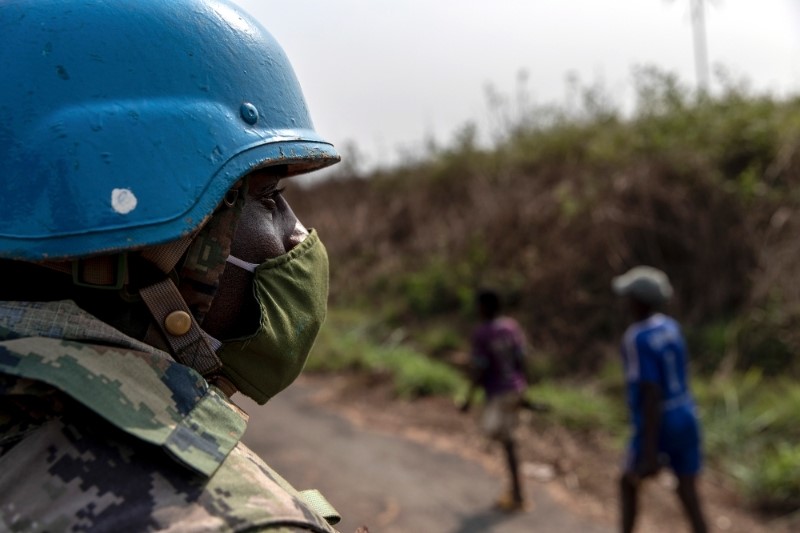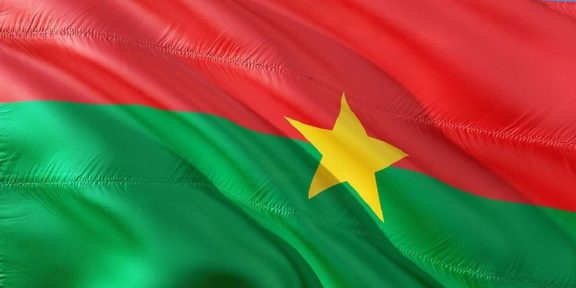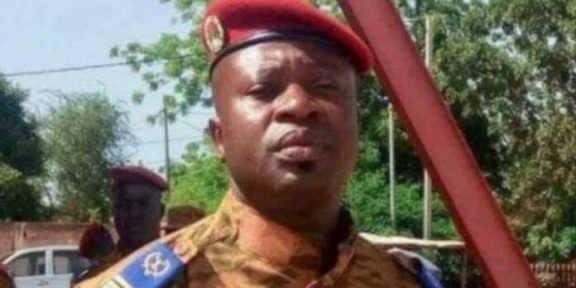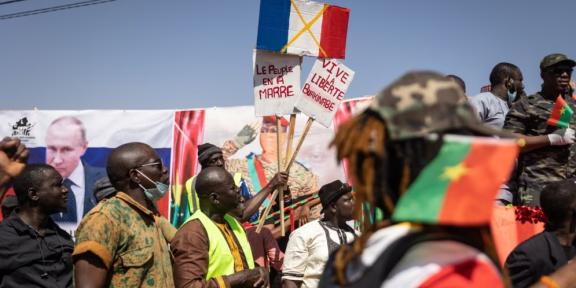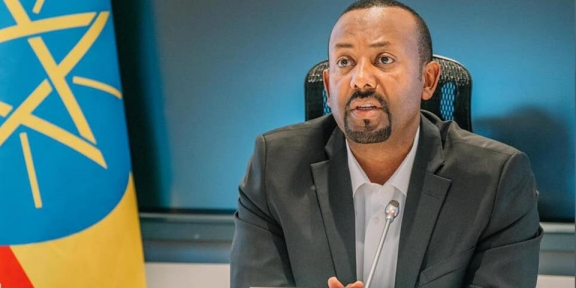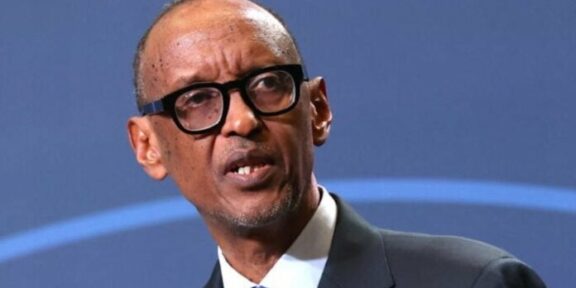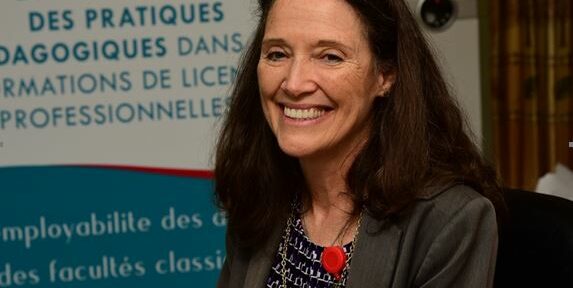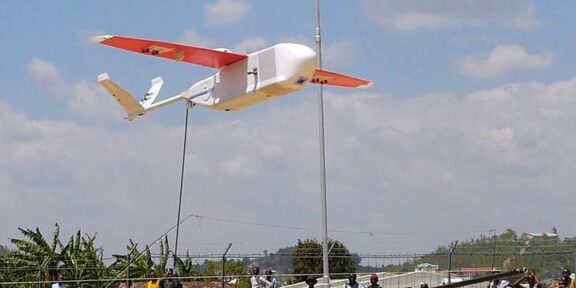Over the past few days, the Central African media and social networks have been actively disseminating alarming information about MINUSCA’s confidential document, which allows peacekeepers to open fire on those who obstruct the passage of their convoys. Particularly worrying is the fact that the FACA (Armed Forces of the Central African Republic) are also on the list.
The document states that ‘…MINUSCA forces are authorised and encouraged to use all necessary means, including in cases involving actions by the host State or their security partners, up to and including the use of lethal force’.
MINUSCA representatives remained silent on the issue until 25 September, when the organisation’s spokeswoman, Florence Marсhal, made an official comment at her press conference.
Ms Marchal said that the UN had a policy of not commenting on confidential internal documents and also called for speculation on the subject to be avoided.
However, the absence of a direct response to the controversy raises many questions and inferences. The content of the document in question is very serious, as are the allegations made against MINUSCA. The very fact that Marchal did not assert that such an important document did not exist leads to the conclusion that it does exist. Furthermore, at the press conference, the MINUSCA spokeswoman also mentioned that the mission is a major partner of the FACA.
This information contradicts numerous testimonies indicating that MINUSCA is helping the rebels. For example, there is evidence that peacekeepers have exchanged arms and ammunition for gold and diamonds, and cases of MINUSCA possessing ammunition kits without the necessary documents have surfaced from time to time.
The Blue Helmets have also on several occasions harboured rebels or helped them to move, and briefed them on forthcoming anti-terrorist operations. Such actions undermine the credibility of MINUSCA and complicate the fight against banditry and terrorism in CAR.
The intention of MINUSCA peacekeepers to open fire on FACA and their allies raises serious questions about the future of the UN mission in CAR. Such actions could further destabilise the region and plunge it into a new cycle of civil war. The Republic has been plagued by violence for years, and such measures can only exacerbate the situation.

